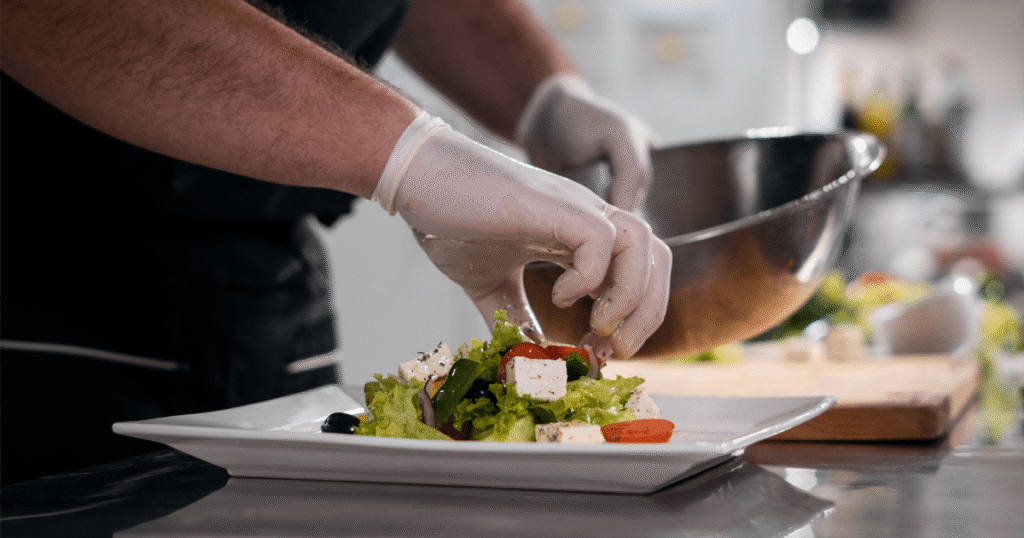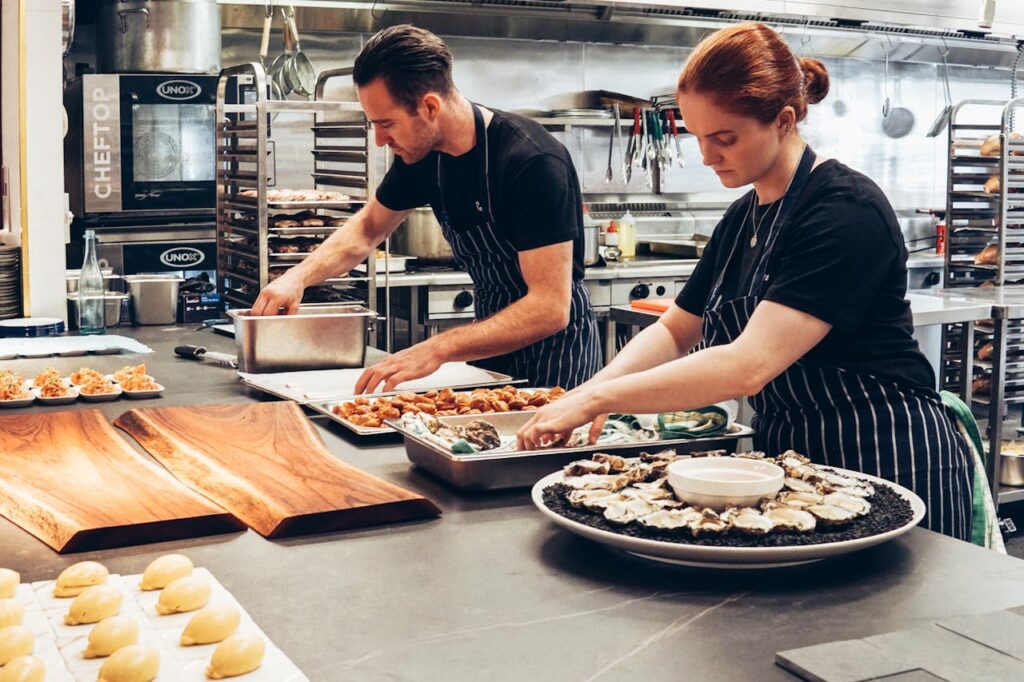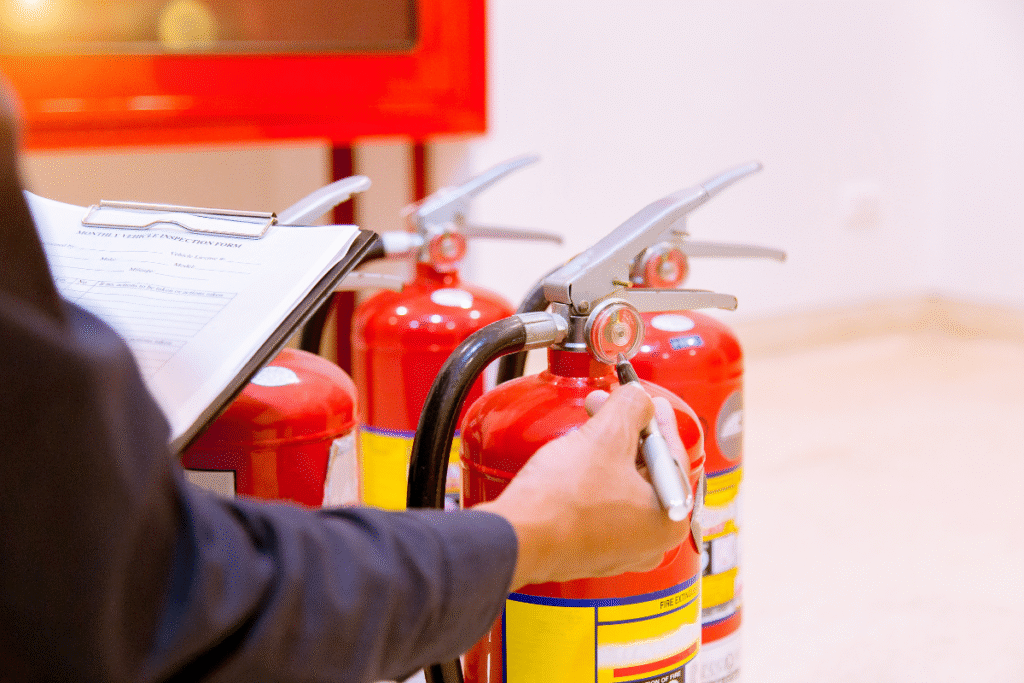Level 3 Award in Food Safety and Hygiene (RQF)

All about this Level 3 Food Hygiene course
The Level 3 Food Safety and Hygiene (RQF) course is a nationally recognised qualification ideal for supervisors, managers, and business owners working in catering, hospitality, or any food-related sector. It is designed to ensure that individuals understand their responsibilities in maintaining the highest standards of food safety, particularly when supervising others.
This comprehensive course is accredited and regulated under the Regulated Qualifications Framework (RQF). It provides detailed knowledge on food safety hazards, legislation, control measures, and safe practices. It’s especially suited for those who oversee food operations or are responsible for staff training.
The qualification is assessed through a multiple-choice examination and is valid for three years.
Course highlights:
- RQF-regulated and recognised nationwide
- Ideal for supervisors and food business owners
- Enhances understanding of food safety management systems
- Helps comply with legal obligations under food hygiene law
- Certificate valid for 3 years
Units covered
Unit 1 – The Importance of Food Safety in the Workplace
This unit establishes the fundamental importance of maintaining food safety standards in any catering or food-related environment. You’ll learn how poor practices can lead to foodborne illnesses, customer complaints, business closures, or even legal action. The unit also explores how high food safety standards contribute to customer satisfaction, staff morale, and brand reputation. It introduces key terms and outlines the role supervisors play in upholding safe practices.
Unit 2 – Understanding Food Safety Legislation
This unit delves deep into UK and EU food safety legislation, including the Food Safety Act 1990 and relevant hygiene regulations. You will explore how food law affects day-to-day operations and understand the legal responsibilities placed on businesses, managers, and food handlers. The role of enforcement authorities, the implications of non-compliance, and the importance of due diligence and documented procedures are also covered.
Unit 3 – Identifying and Controlling Food Hazards
Here, learners explore the four main categories of food hazards: biological, chemical, physical, and allergenic. You’ll gain a detailed understanding of how hazards can enter the food chain and what actions can be taken to minimise risk. Emphasis is placed on personal hygiene, effective cleaning, and pest control as critical control measures. Supervisors are shown how to evaluate risks and implement corrective actions when needed.
Unit 4 – Food Safety Management Systems and HACCP
This unit introduces the concept of food safety management systems with a strong focus on Hazard Analysis and Critical Control Points (HACCP). Learners will understand how to develop, implement, and maintain a HACCP-based system. You’ll explore the seven principles of HACCP, risk assessment procedures, and the importance of monitoring, recording, and verification in food production and service environments.
Unit 5 – Supervising Personal Hygiene and Workplace Cleanliness
Supervisors must ensure staff understand and apply personal hygiene standards. This unit covers key hygiene practices such as handwashing, protective clothing, and restrictions due to illness. You’ll also learn about the role of the supervisor in maintaining workplace cleanliness, implementing cleaning schedules, and managing cross-contamination risks. The unit explains how poor hygiene behaviour can undermine even the best food safety systems.
Unit 6 – Temperature Control and Safe Food Storage
Proper temperature control is critical for preventing the growth of harmful bacteria. This unit explains the science behind safe temperatures, including the danger zone, safe cooking, cooling, reheating, and hot holding guidelines. You’ll also explore best practices for food storage, stock rotation, dealing with deliveries, and managing both refrigerated and dry storage environments. The emphasis is on ensuring compliance and minimising spoilage and contamination risks.
Unit 7 – Role of the Supervisor in Food Safety Training and Culture
Supervisors are instrumental in shaping workplace food safety culture. This unit helps you understand how to identify training needs, deliver briefings, and encourage best practices among staff. You’ll explore how to monitor behaviour, lead by example, and ensure that everyone takes ownership of food hygiene responsibilities. This unit also provides tools to promote a proactive approach to safety, build accountability, and drive ongoing improvement.

No Booking fee
We provide our services without any additional charges.

Approved providers only
All courses on our platform undergo thorough manual screening to ensure the utmost quality.

Buying for your team?
Purchases courses for team, family or colleagues. Add a course, and provide student details at checkout.

Pay by invoice
Choose “Business Customer” at checkout for access to this payment method.



